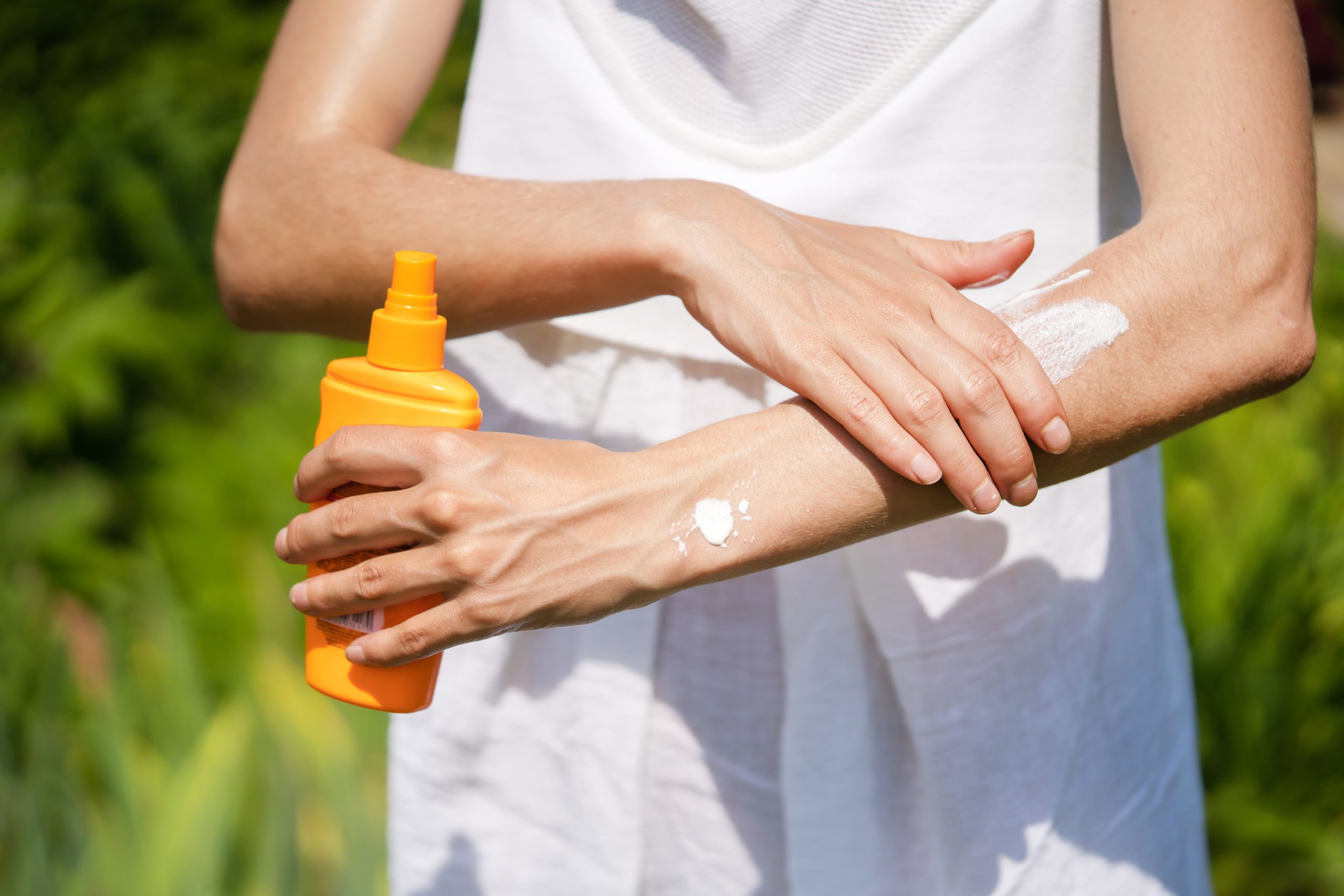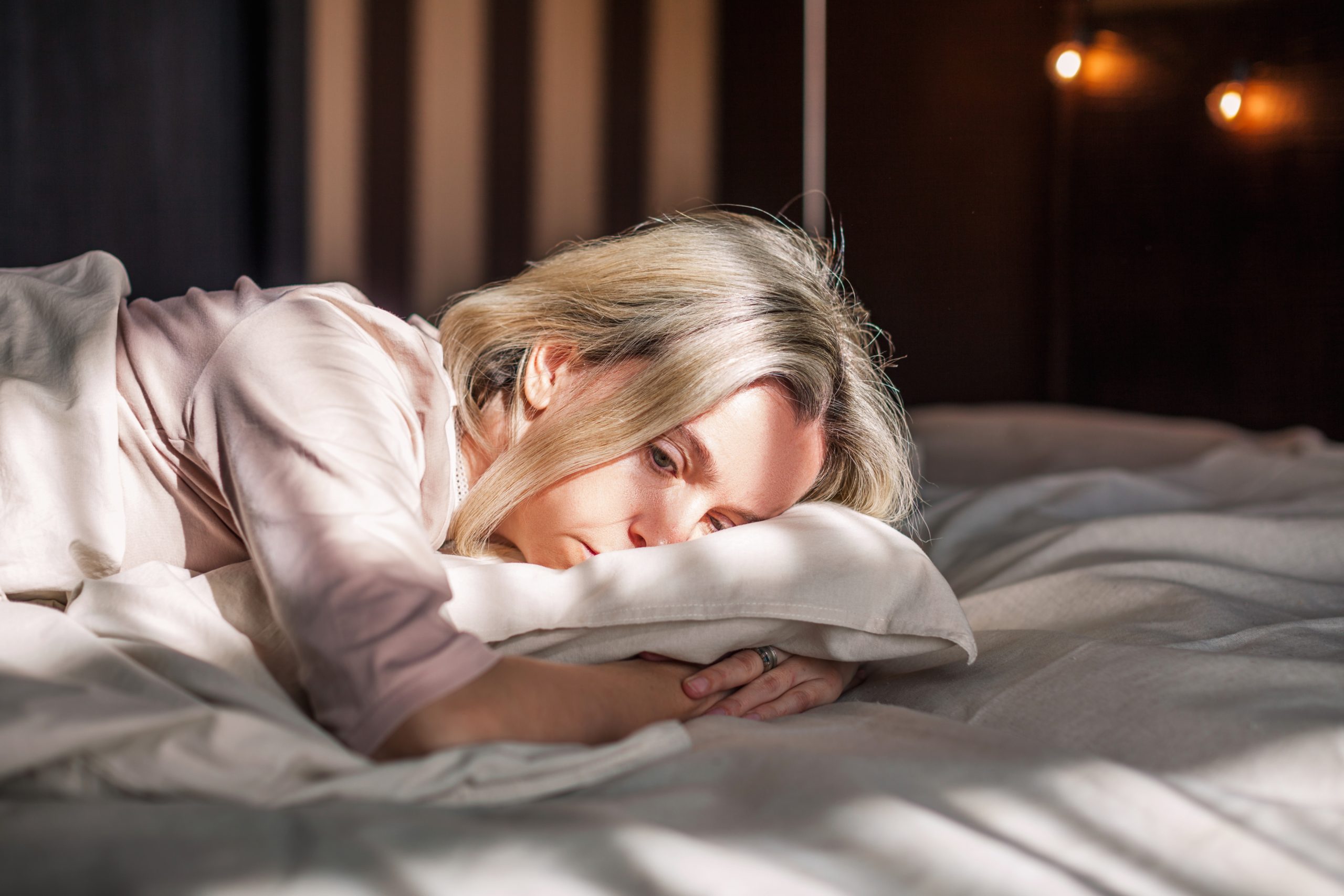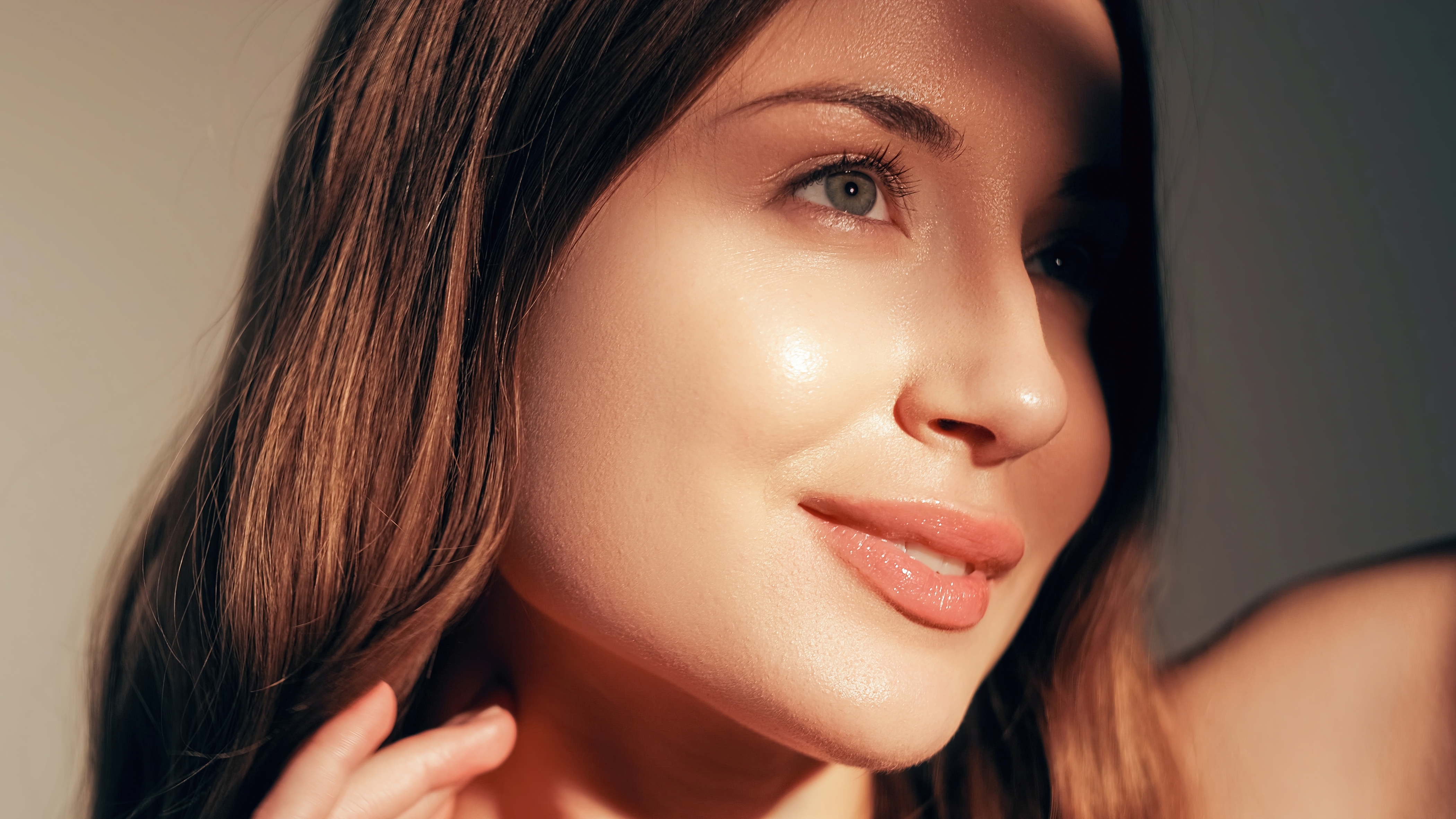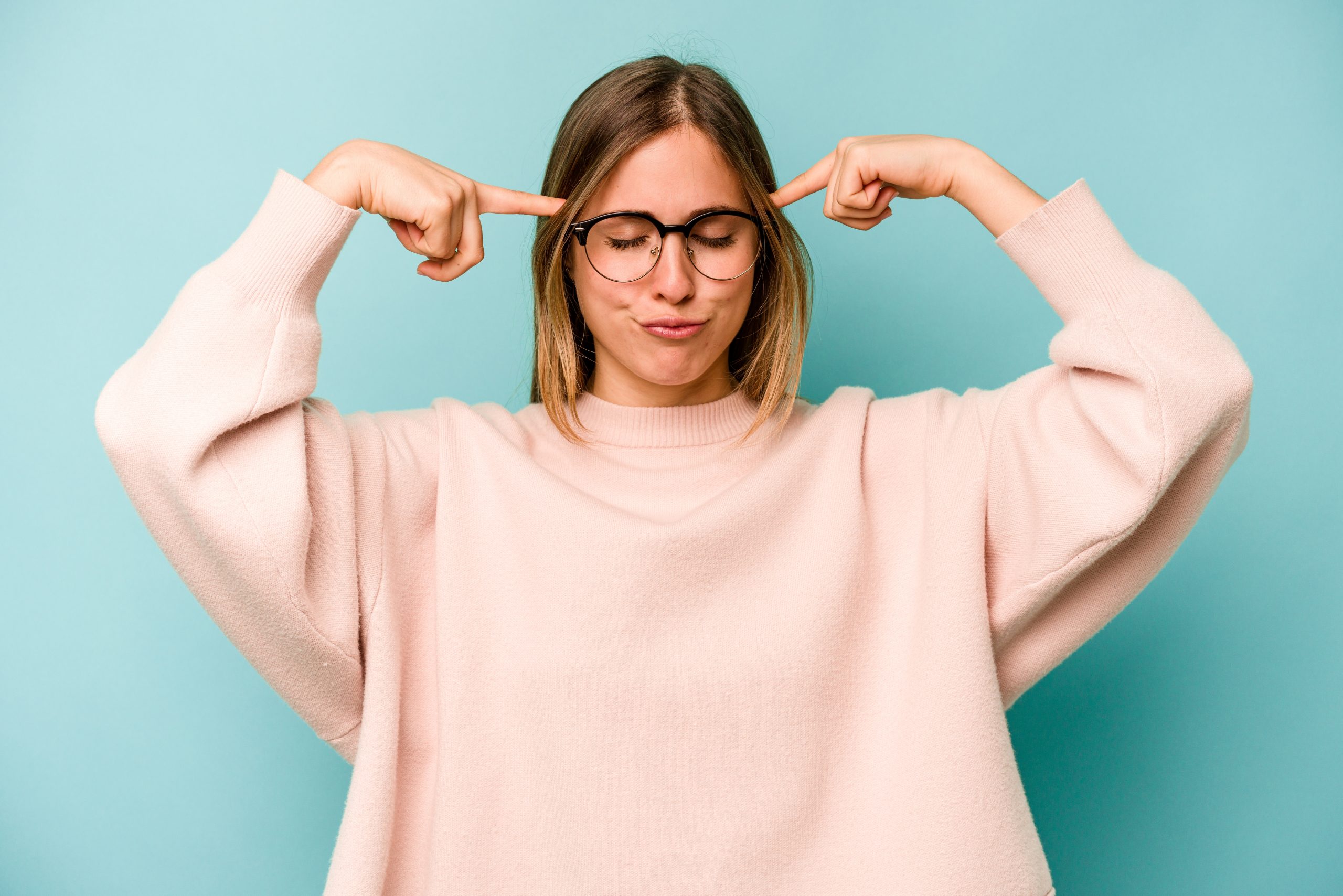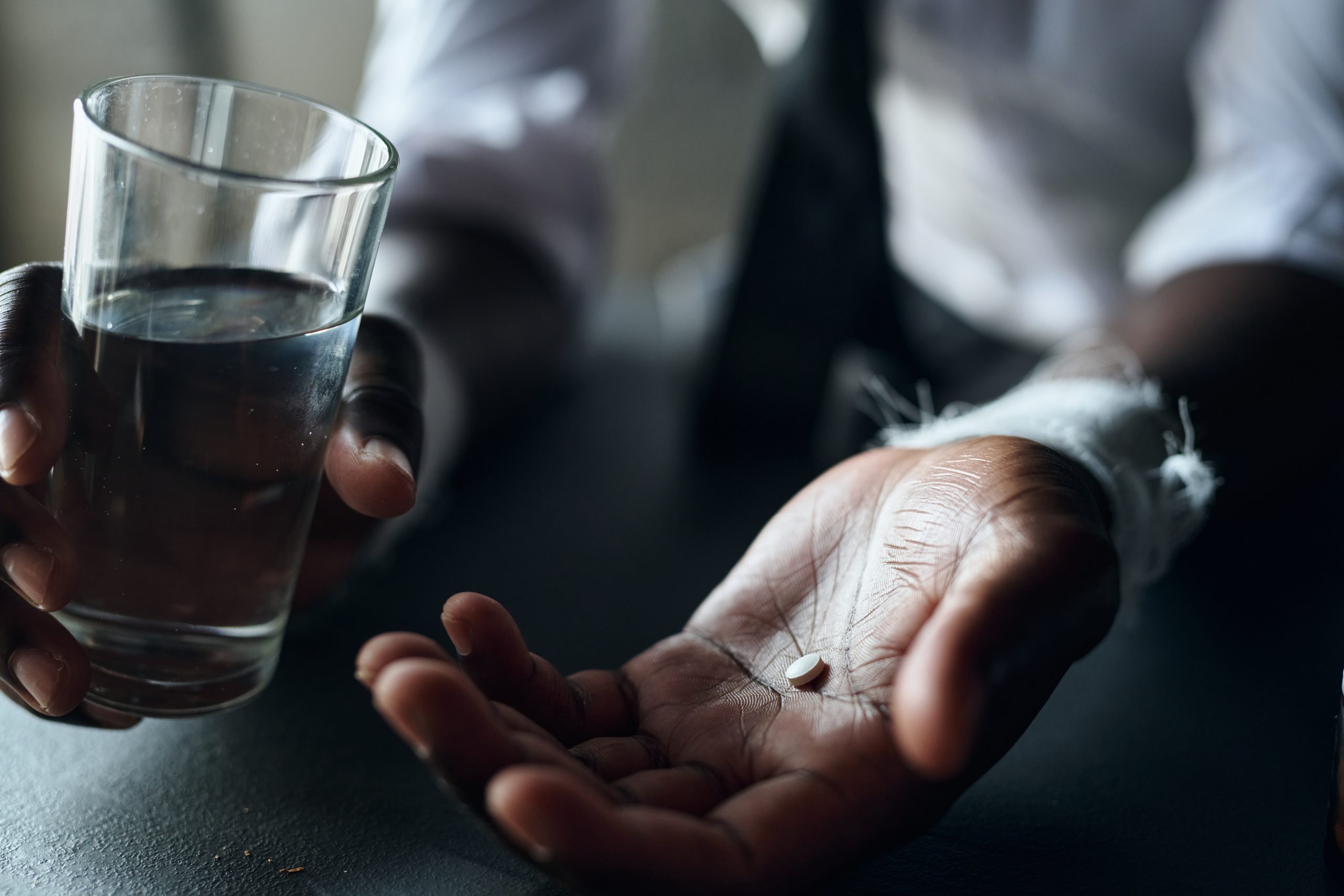The very sunscreen that promises to protect you from skin cancer might be silently sabotaging your body’s ability to produce the one vitamin that could help prevent it.
Story Highlights
- Aggressive sun avoidance can create vitamin D deficiency even in skin cancer survivors
- UV radiation simultaneously causes skin damage while enabling essential vitamin D synthesis
- Current beauty industry messaging may be creating unintended health consequences
- Medical experts now advocate for personalized sun exposure recommendations rather than blanket avoidance
The Paradox That’s Stumping Medical Experts
Cancer survivors religiously slather on SPF 50, hide under wide-brimmed hats, and avoid peak sun hours. Yet blood tests reveal a shocking truth: many develop severe vitamin D deficiency, potentially increasing their risk of cancer recurrence. This medical paradox has forced researchers to confront an uncomfortable reality about our relationship with the sun.
The human body produces vitamin D when skin absorbs UVB radiation, the same wavelength responsible for sunburn and DNA damage. This biological catch-22 means the very exposure we fear might be essential for optimal health. Research shows vitamin D deficiency affects over one billion people worldwide, many of whom follow strict sun protection protocols.
When Sun Protection Becomes Health Sabotage
Dermatologists have spent decades drilling one message into public consciousness: sun exposure equals skin cancer. This campaign succeeded spectacularly in reducing sunburn rates and changing beauty standards from bronzed goddesses to porcelain princesses. However, the pendulum may have swung too far in the opposite direction.
Studies reveal that people using sunscreen with SPF 15 or higher block 93-98% of vitamin D synthesis. Factor in modern indoor lifestyles, northern latitudes, and darker skin tones that require more sun exposure for adequate vitamin D production, and deficiency becomes inevitable. The irony cuts deep: protecting ourselves from one cancer risk may be creating another.
The Beauty Industry’s Billion-Dollar Blind Spot
Anti-aging marketing has weaponized sun fear, positioning UV radiation as the ultimate beauty villain. Moisturizers boast broad-spectrum protection, makeup includes SPF, and influencers preach daily sunscreen application regardless of weather or indoor activities. This messaging has created a generation terrified of natural sunlight.
Yet emerging research suggests moderate sun exposure without burning may offer protective benefits against certain cancers, autoimmune diseases, and cardiovascular conditions. The beauty industry’s singular focus on preventing photoaging has inadvertently promoted behaviors that may compromise overall health. Consumers dutifully follow advice designed to preserve appearance while potentially sacrificing longevity.
Finding the Sweet Spot Between Protection and Production
Medical experts now recognize the need for nuanced sun exposure guidelines that balance skin cancer prevention with vitamin D optimization. The solution isn’t abandoning sun protection but rather implementing strategic, time-limited exposure that allows vitamin D synthesis without significant DNA damage.
Fair-skinned individuals might need only 10-15 minutes of midday sun on arms and legs several times weekly. Darker skin requires longer exposure due to natural melanin protection. Geographic location, season, and individual health factors all influence optimal exposure timing. This personalized approach represents a dramatic shift from one-size-fits-all sun avoidance messaging.
Sources:
A Review on Sun Exposure and Skin Diseases – PMC
The risks and benefits of sun exposure 2016 – PMC


